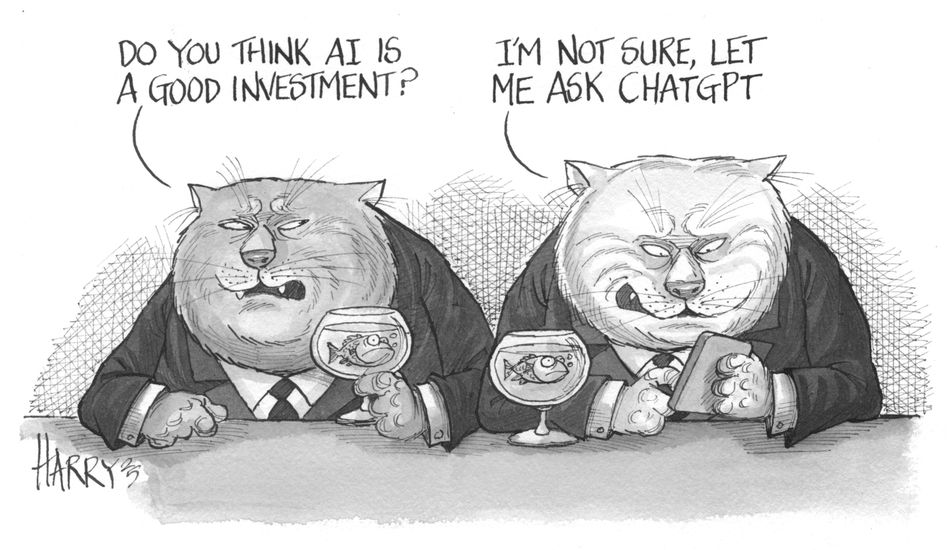SoftBank continues jumbo debt spree

SoftBank Group has picked a quartet of banks to arrange a US$17.5bn share-backed financing, its third jumbo loan of the year, in addition to raising nearly US$3bn from subordinated bonds with ultra-long maturities last week. Demand for the Japanese technology giant shows no sign of flagging even after repeated massive financings.
The hybrid bond offer comprising tranches with tenors of 35 to 40 years garnered demand of more than three times the final size, an eye-catching outcome considering SoftBank had raised US$4.2bn-equivalent through US dollar and euro senior unsecured bonds as recently as early July.
Bond investors were not the only ones drawn to SoftBank in droves. The US$17.5bn loan, which is backed by shares of Nasdaq-listed chip and software design company Arm Holdings, is attracting strong interest from banks even though SoftBank has already raised jumbo debt facilities twice this year.
“The strong share price performance of Arm certainly helps increase the appeal of the loan,” said a senior Hong Kong-based loans banker. Although Arm does not pay dividends, the banker said the relatively low loan-to-value ratio and reasonable pricing make the loan attractive for lenders. Arm has a market capitalisation of almost US$180bn and its share price has gained 35% this year.
SoftBank’s LTV ratio was 17% as of June 30, based on ¥6.64trn (US$43.5bn) in standalone net interest-bearing debt and the ¥39.05trn equity value of its holdings of portfolio companies, of which 50.8% is attributed to Arm, according to its website. In comparison, the LTV at March 31 was at 18% based on ¥5.66trn in standalone net interest-bearing debt and ¥31.38trn equity value, with Arm accounting for 41%.
Equity credit
S&P rates SoftBank’s hybrid bonds B+, three notches below the company’s rating of BB+, and assigned them 50% equity credit. The agency said that while it expects the US$5.4bn acquisition of ABB's robotics business announced on October 8 to increase SoftBank’s LTV ratio by about one percentage point, from 31% as of the end of June, the hybrid bond issuance will partially mitigate that impact. S&P expects the LTV ratio will remain at 30%–33%, which is within the tolerance of the rating.
Not all lenders will get a chance to participate as several bankers said they had approached the lead banks – Barclays, Goldman Sachs, JP Morgan and Mizuho Bank – with the intention of joining the deal but were told the invitations were being extended to existing lenders only.
SoftBank is a sought-after credit in the loan market, which is evident from the deep relationships it enjoys with banks that enable it to raise gargantuan sums of capital for different purposes. In mid-September, SoftBank signed a US$6.05bn-equivalent dual-currency one-year commitment line with seven banks. In April, the borrower raised a US$15bn one-year loan for its investments in San Francisco-based ChatGPT developer OpenAI and Ampere Computing, a US chip startup. Mizuho led that deal, which attracted 20 banks in general syndication.
“SoftBank has strong banking relationships and offers a lot of cross-selling opportunities,” said a second loans banker in Asia, explaining why the jumbo loan is drawing so much attention.
The US$17.5bn loan refinances a US$13.5bn facility from December. That borrowing was increased from an original target of US$8.5bn and replaced an US$8bn two-year pre-IPO loan signed in April 2022.
The latest two-year loan has a one-year extension option at the discretion of lenders and offers an all-in pricing of around 300bp. The US$6.05bn-equivalent one-year commitment line signed in September pays margins of 210bp over SOFR and 85bp over Tibor, while the US$15bn one-year loan closed in April paid margins of 200bp over SOFR for the first six months and 220bp over SOFR thereafter.
Bonds inside guidance
SoftBank priced its latest hybrid bond inside initial guidance thanks to strong demand that saw combined orders reach US$11.5bn after final guidance was announced, including US$162.8m from leads. The final book was US$10.3bn, including US$202.8m from leads.
The offering comprises a US$900m 7.625% 35.5-year non-call 5.5, a US$1.1bn 8.25% 40-year non-call 10 and a €750m 6.50% 37-year non-call seven tranche.
The notes were sold at par, or equivalent spreads of 407bp, 429.5bp and 421bp over mid-swaps in the respective currencies. Initial guidance was 7.875%–8%, 8.50%–8.625% and 6.75%–7%, respectively.
Analysts at Lucror Analytics said the debt sale was "slightly credit positive" as the issuer had proved its ability to access capital markets and to attract investors.
CreditSights sounded a note of caution, however, noting SoftBank's ramp-up of investments in artificial intelligence, which it estimates will require more than US$41bn this year, and said the strategy "increasingly makes the group a pure play on AI themes".
CreditSights analysts in a prepricing note called the 40-year bonds and the euro notes “potentially attractive”, but said they would pass on the 35.5-year, noting that the bonds should offer about 175bp over the issuer's senior notes. But both the former notes priced inside fair value estimates from CreditSights.
SoftBank achieved a similar outcome in early July on its US$4.21bn-equivalent four-tranche US dollar and three-tranche euro offer. A six-year euro tranche landed at 5.875%, having started with initial guidance of 6.25%–6.50%. The 4.25-year and eight-year euro tranches priced at 5.25% and 6.375%, respectively, versus initial guidance of 5.50%–5.75% and 6.75%–7%.
The four dollar portions comprising 3.75, 5.5, seven and 10-year tranches printed at final yields of 6.50%, 6.875%, 7.25% and 7.50%, respectively, compared with initial guidance of around 6.75%, 7.125%, 7.50% and 7.875%.
For the latest US dollar deal, Deutsche Bank, JP Morgan and Morgan Stanley were joint global coordinators and HSBC, BNP Paribas, Barclays and Goldman Sachs International were active bookrunners. Citigroup, Credit Agricole, Mizuho and Nomura were passive bookrunners.
For the euro notes, Deutsche Bank and BNP Paribas were joint global coordinators, and JP Morgan, Morgan Stanley, Citigroup, Credit Agricole, ING, Natixis and Societe Generale were passive bookrunners.





